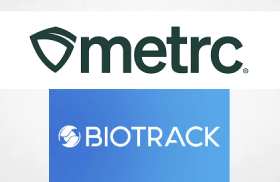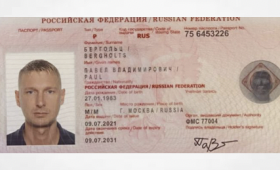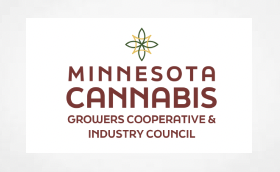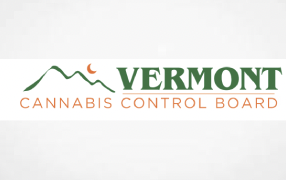Authored By: Rod Kight
3-16-2018
[This is part one of a letter to industrial hemp and CBD businesses.]
The US industrial hemp industry continues to gain momentum. I have personally witnessed a significant increase in business development, government action, and public awareness, particularly with respect to three categories of hemp products:
(1) raw and pelletized hemp,
(2) processed hemp extract, and
(3) cannabidiol (CBD).
A number of states have enacted industrial hemp legislation. Indiana passed an industrial hemp bill this week. It awaits the Governor’s signature. Notably, the bill specifically discusses CBD.
In this letter I will address briefly the three sectors above and conclude with a short message about the importance of complying with general business laws and formalities.
First, raw and pelletized industrial hemp will be a huge industry this year. In particular, I foresee growing demand for industrial hemp to be sold both interstate and into the world market. The legal status of raw industrial hemp is clear: it is lawful throughout the country at the federal level and at the state level in approximately two-thirds (⅔) of the states. It is also legal in many countries. Although the US currently imports more hemp than it exports, I expect that to change within the next several years.
In order to ensure that your hemp sale is lawful and not inadvertently an illegal interstate (or international) marijuana sale you’ll need to make sure that it is handled properly. There are several considerations. Arguably the most important one is ensuring that you have the proper “chain of title” (or “chain of custody”) proving that your hemp is lawful. In other words, you should have documentary evidence of the hemp’s provenance showing that it was cultivated pursuant to a state’s pilot program and that it passed the “THC test” by not having THC concentrations exceeding 0.3%. Each state has different forms, certifications, licenses, and procedures so it is important for the chain of title to follow the guidelines of the state in which the hemp was grown.
Second, the “full spectrum” hemp extract market is exploding. In many respects, selling hemp extracts to other states and countries is similar to selling raw hemp. The primary difference is that extracts are often processed and packaged for use by end-user consumers. For this reason, topical and consumable hemp extract products require even more legal diligence than the sale of raw hemp. Some states, such as Colorado and Oregon, are forging ahead and creating revised regulations designed specifically to regulate hemp extracts intended for the consumer market. These new laws and regulations go beyond the basic industrial hemp cultivation laws currently in place in most states and will likely be copied by other states in the coming years.
While I’m speaking about the “next wave” of state laws and regulations it is worth mentioning that you may now sell your industrial hemp consumer products into the Oregon adult-use marijuana market provided that you comply with its specific regulations. I fully expect other marijuana state programs to follow suit. This is a positive development, but one that will require more diligence. This new wave of coming regulations will certainly weed out hemp extract businesses that do not take the time to stay compliant with evolving state laws.
Part II to follow next week.
Rod Kight is a lawyer based in Asheville, NC. He is licensed in North Carolina and Oregon and represents legal cannabis businesses. You can contact him by clicking here.
Kight on Cannabis
84 West Walnut Street
Asheville, NC 28801














